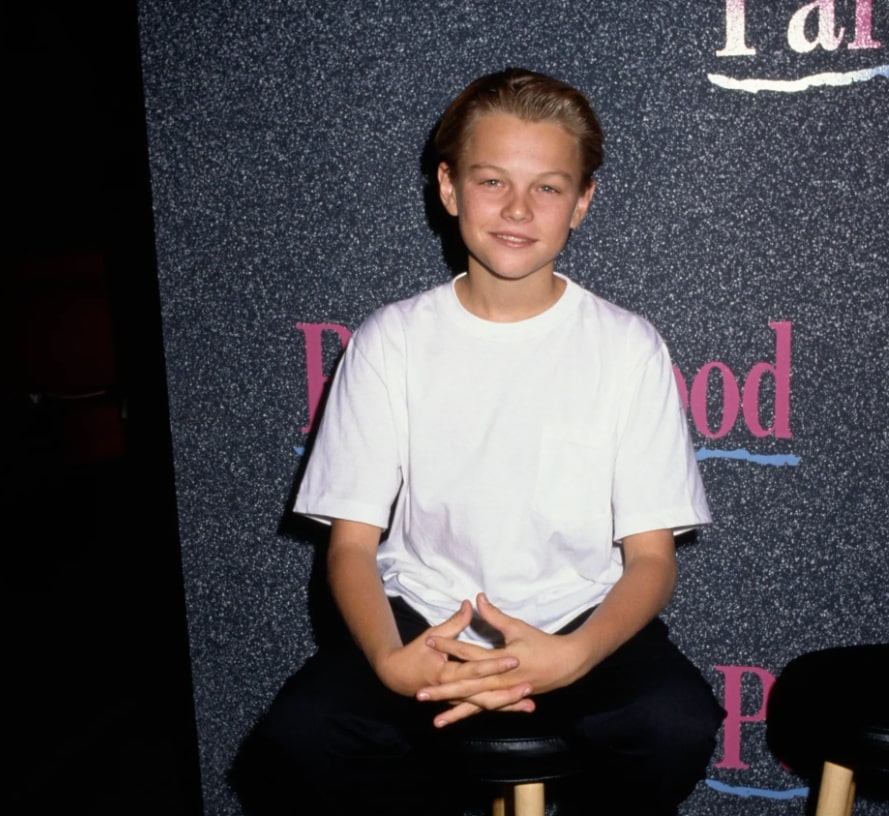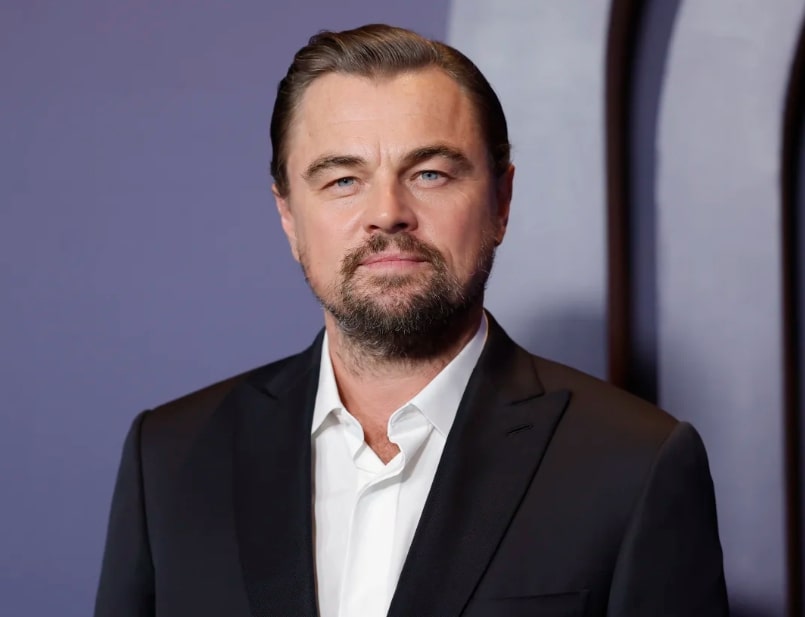In the early 1990s, Hollywood was looking for its next golden boy—someone who could sell tickets and appeal to young people. However, Leonardo DiCaprio is not interested in becoming just another famous person. The moment he stepped in front of a camera, he sought grandeur, something deeper.
Leonardo Wilhelm DiCaprio was born in Los Angeles on November 11, 1974, but grew up away from the glitz and glamour of Hollywood. After his parents divorced when he was only a year old, he was raised by his mother in a rough neighborhood that was rife with poverty and crime. He wanted to become a marine scientist because he was fascinated by nature as a child. However, he was also falling for acting.
By the age of 14, DiCaprio was putting in a lot of effort for TV ads in an industry that didn’t seem to be interested in him. He was frequently told that his name was too ethnic, that he didn’t look right, and that he wasn’t suitable for a leading role. He would not, however, change. His big break came when, as a homeless child, he got a role in Growing Pains (1991). He wanted to embody the role, not merely play it, even back then.
When he costarred with Robert De Niro in This Boy’s Life (1993), Hollywood took notice. He was then nominated for an Oscar at the age of 19 for his tragic portrayal of a child with a mental disability in What’s Eating Gilbert Grape (1993).
But in 1997, things were different.
When casting DiCaprio as Jack Dawson in Titanic, James Cameron was apprehensive. He saw himself as a serious actor rather than a cutesy face for a romantic movie. However, he became the most famous person in the world after the film surpassed everyone’s expectations. The fans called out his name. The photographers tortured him. He was now the world’s king, but not in the way Leonardo DiCaprio had hoped.
Instead of profiting from his heartthrob status, he rejected traditional celebrity. He co-directed one of the greatest director-actor partnerships in history with Martin Scorsese in Gangs of New York (2002), The Aviator (2004), The Departed (2006), and The Wolf of Wall Street (2013).
Despite his talent, he was not awarded the Academy Award. Despite being nominated year after year, he never won. DiCaprio remained motivated and gave every scene more effort even though his failure became a joke online. After enduring appalling production conditions for The Revenant, he eventually won the Academy Award for Best Actor in 2016, which felt more like long-awaited justice than a victory.
Using his position to advocate for environmental change, DiCaprio has emerged as one of the world’s most ardent climate activists outside of Hollywood. He is no longer merely an actor; he now represents a movement.








